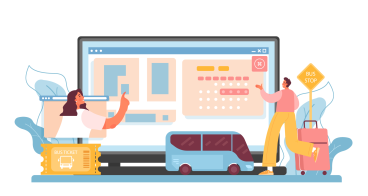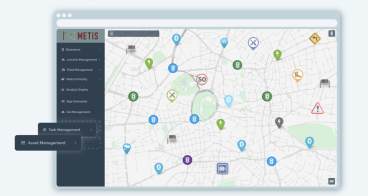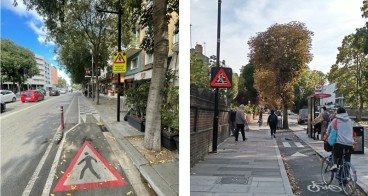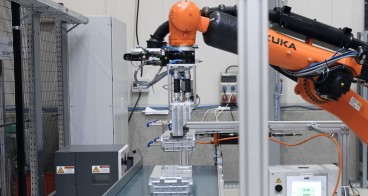France-Paris: Transport innovation for more sustainable cities.
Background
Background
The RATP Group (French: Groupe RATP), also known as the RATP or Régie autonome des transports parisiens (English: Autonomous Parisian Transportation Administration), is a state-owned public transport operator and maintainer headquartered in Paris, France. Formed in 1949, it has its origins as the city's public transport operator. Its logo represents, in a stylised version, the Seine's meandering through the Paris area as the face of a person looking up.
Today, the RATP is still responsible for most of the public transport in the Greater Paris area, including the Paris Métro, Île-de-France tram, and RATP bus network, as well as part of the regional express rail (RER) network. In the Île-de-France region, the RATP carries about 3.3 billion passengers per year.
The Challenge
For a peaceful, clean and inclusive city.
As cities face many challenges (environmental, social, societal), the Group positions itself as the preferred partner of decarbonized cities, notably through its innovative, connected and shared mobility solutions. Committing to a better quality of life in cities also means relieving congestion in major cities and revitalizing suburban areas by providing transport and services that are accessible to everyone, everywhere.
With the help of innovative startups.
The Group is notably making use of innovative partnerships with selected start-ups to improve its service quality, change its way of working and shape the world of tomorrow.
4 Innovation Areas
Challenge 1: Energy efficiency and sustainable development
How can we reduce the company’s energy expenditure and carbon footprint?
Challenge 2: Industrial excellence through new technologies:
How can we leverage technological advances to optimise the company’s performance and service quality?
Challenge 3: The city and mobility of the future
Offering much more than transport for better city living: new services, new urban management, and more:
- Modal shift (encourage the public to use public transport, walk, and so on)
- City and flow supervision + Data visualisation
- Developing and integrating soft mobility solutions (bike maintenance services, soft mobility fleet management, services for soft and shared mobility solutions)
- Real estate asset management (buildings, energy performance, development of real estate assets, basement and façade greening, and so forth)
- Urban integration
Challenge 4: A world-renowned passenger experience
How can we offer passengers from all around the world the best possible mobility experience in view of upcoming major international events?
- Promote inter-modality
- New passenger services
- Zoom on upcoming major events: 2024 Paris Olympics target (welcoming tourists, punctual network operation, and so forth)
- Digital employee (strengthen the welcome and passenger information)
- Redesign the station itinerary (signage, directions, and more), make foot traffic smoother
- Passenger information (on a daily basis and in the event of a disturbance/dense traffic)
- Non-infrastructure accessibility/inclusion (PRM, hard-of-hearing and visually impaired people, among others)
- Safety
Published on 03 February 2023






